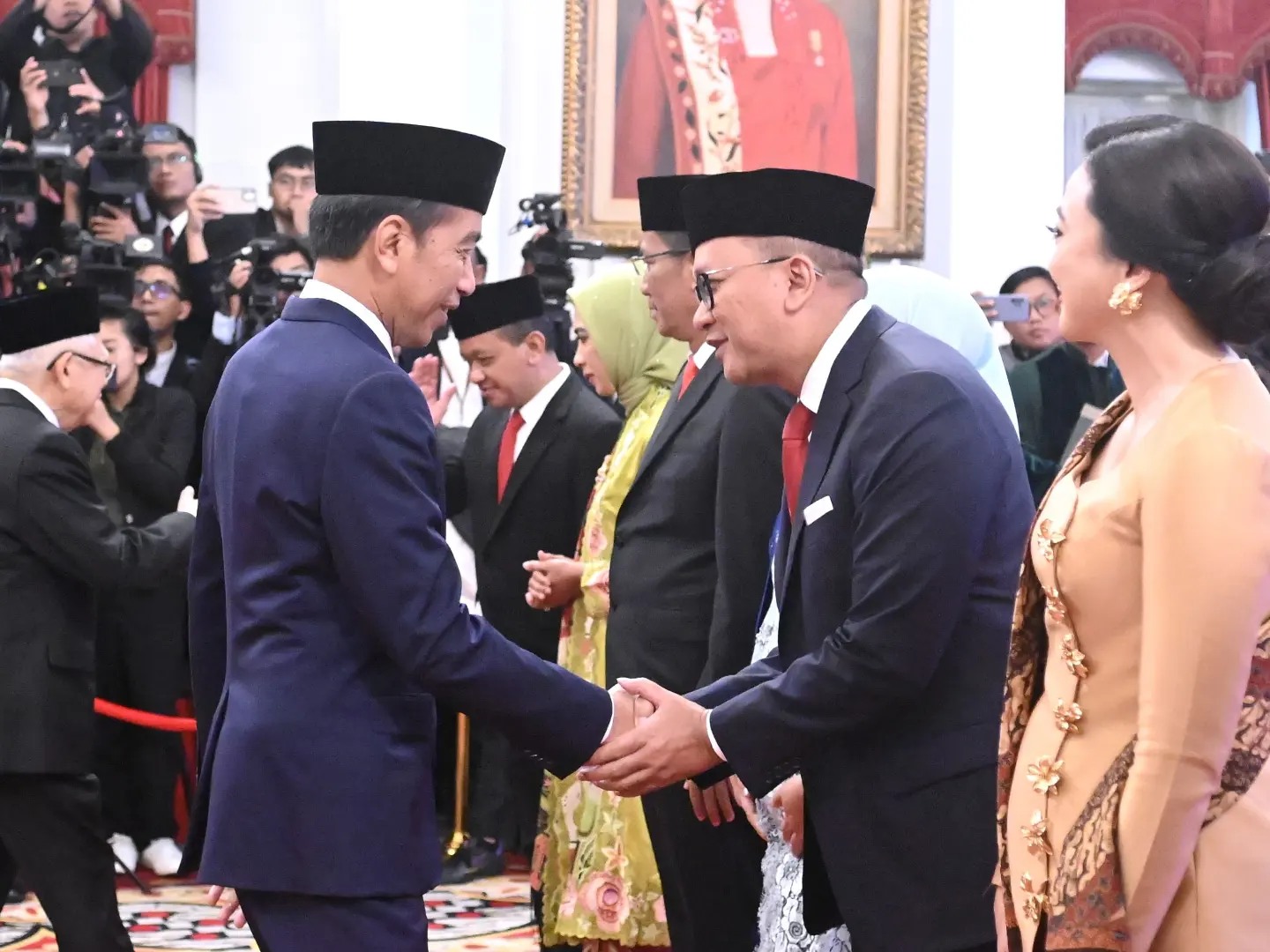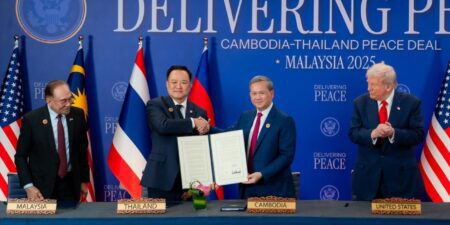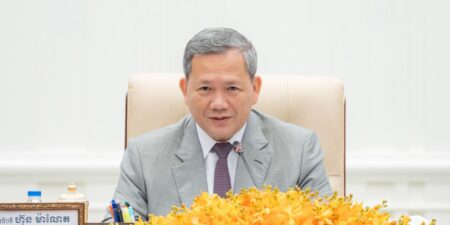
Indonesian President Jokowi Reshuffles Cabinet at Eleventh Hour

Insights & News


Cambodia and Thailand Sign Peace Deal As Businesses Express Cautious Optimism
BGA Cambodia Senior Analyst Kunmakara May wrote an update to clients on the peace deal …

Cambodia’s Record $10 Billion Budget To Drive Economic Growth and Modernization
BGA Cambodia Director Siriwat Chhem wrote an update on Cambodia’s new constitutional amendment and its …

Vietnam Concludes Framework for Reciprocal Trade Agreement With the United States
The BGA Vietnam Team, led by Managing Director Nguyen Viet Ha, wrote an update on …
At BowerGroupAsia, we are committed to
delivering result-oriented solutions for our clients
We have proven track record of helping the world’s top companies seize opportunities and manage challenges across the dynamic Indo-Pacific region.




















